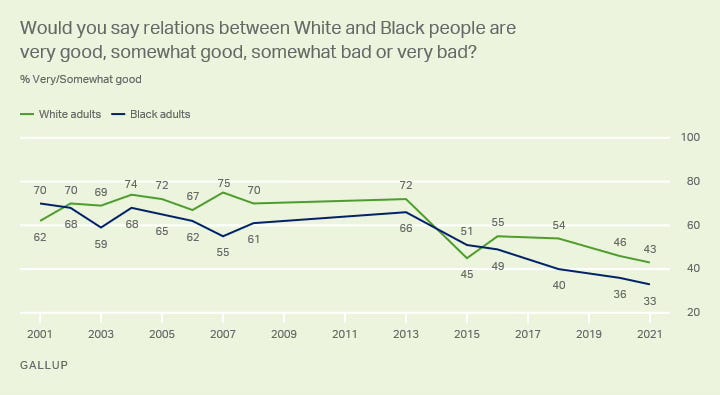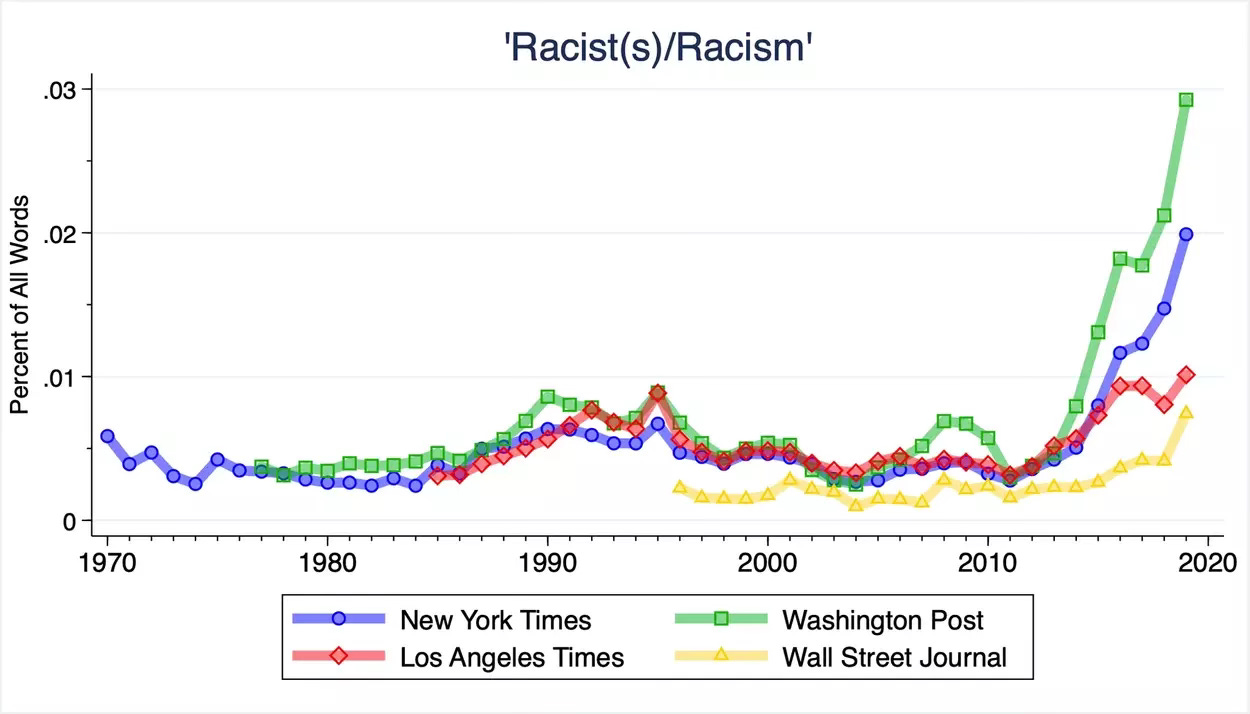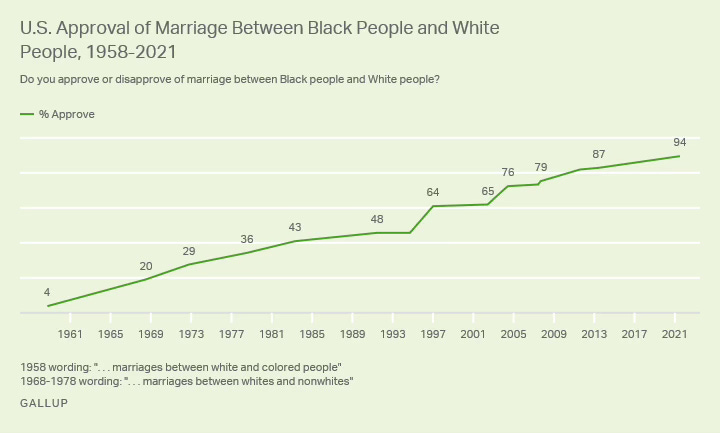The Toxic State of Race Politics in America

Racism and Black Lives Matter
Racism and Black Lives Matter have become the third rail of political discourse. Look no further than the recent controversy at TED, where Coleman Hughes presented a talk about race, in which he advocated for the sensible policy of color-blindness as a general rule. Elements entrenched in the currently accepted race ideology caused major problems with this talk, and the controversy continues. I highly recommend Mr. Hughes’ TED talk, his writing and his podcast - he is an excellent young thinker and has helped me understand this issue much better.
More recently, the BLM movement has come under additional scrutiny, as some members of it seemed to justify the murder of more than a thousand innocents by Hamas in South Israel.
Polling & Data
Gallup has been tracking race relations for years, and while generally most believe race relations were “Very or Somewhat Good” between 2001 and 2013, the polling started to tank in 2013. After years at around 70% positive according to whites and about 60% according to blacks, its dropped to 43% and 33% respectively since:
What happened? This move in polling correlates to a move in media. It hasn’t been as well reported, but over this same time (and slightly preceding it), stories about racism, “racists,” “white privilege” and racial “equity” have increased dramatically in our media. Among the worst examples, there’s a story from the New York Magazine entitled, America's Enduring Caste System which makes sure to compare modern America to Nazi Germany. The increase in stories like this began around the same time the Black Lives Matter movement started, after Trayvon Martin was killed and George Zimmerman acquitted.
Have race relations deteriorated? Is the situation for black Americans worse than it was previously?
That’s hard to say. Let’s take a look at some data, and see what we find. One of the longest running polls on race relations in America is also from Gallup. Since 1958, they’ve been asking Americans whether they approval of interracial marriages. While this question is certainly not the only way to measure such a thing, it is nonetheless one of the only sources of data we have to compare over a long time period. The results are really positive, rising from 4% approval in 1958 to 94% in 2021. That’s a huge change (and strangely, white people poll slightly higher approval than non-white, 96-93%).
And, when we look across the world, the USA comes in as one of the most tolerant country in the world - much more so than almost all of Europe - when asked about people of other races being their neighbors:
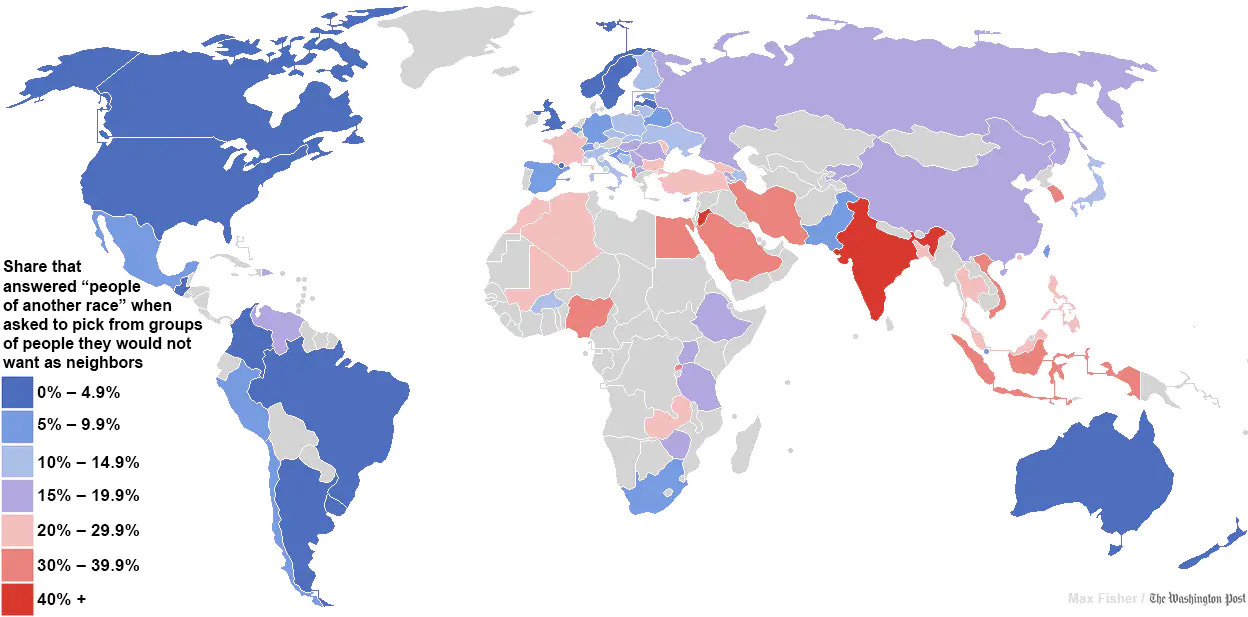
Racism In Policing
And this is where it gets interesting, and I may lose some folks. I want to preface this next section with a few statements with which I think everyone can agree:
There is too much police brutality in America
Every time an incident involving suspects and police, in which someone ends up injured or dead, is a tragedy, and there was likely a tragic mistake made by either or both parties.
The increase in bodycam use and available footage is positive, and thanks go to the BLM movement
Qualified immunity enables abuse by police and should be ended
Racism exists, and we must be vigilant to its abuses
Police and police unions abuse their positions in many cases; and the police unions could do more to help weed out bad actors
Unfortunately though, there is nothing in the data that shows police shoot black people at a higher rate due to racial bias. In other words, the premise of Black Lives Matter is false.
Having read Coleman Hughes’ work on this (which I am liberally borrowing), he writes the next bit better than I can:
For every black person killed by the police, there is at least one white person (usually many) killed in a similar way. The day before cops in Louisville barged into Breonna Taylor’s home and killed her, cops barged into the home of a white man named Duncan Lemp, killed him, and wounded his girlfriend (who was sleeping beside him). Even George Floyd, whose death was particularly brutal, has a white counterpart: Tony Timpa. Timpa was killed in 2016 by a Dallas police officer who used his knee to pin Timpa to the ground (face down) for 13 minutes. In the video, you can hear Timpa whimpering and begging to be let go. After he lets out his final breaths, the officers begin cracking jokes about him. Criminal charges initially brought against them were later dropped.
At a gut level, it is hard for most people to feel the same level of outrage when the cops kill a white person. Perhaps that is as it should be. After all, for most of American history, it was white suffering that provoked more outrage. But I would submit that if this new “anti-racist” bias is justified—if we now have a moral obligation to care more about certain lives than others based on skin color, or based on racial-historical bloodguilt—then everything that I thought I knew about basic morality, and everything that the world’s philosophical and religious traditions have been saying about common humanity, revenge, and forgiveness since antiquity, should be thrown out the window.
And then you say, yes, but black people are still shot at a proportion much higher than their population (blacks make up about 14% of the US population but people shot by the cops are black about 35% of the time). Certainly this proves a racial component, right Coleman? Wrong.
By that logic, you could prove that police shootings were extremely sexist by pointing out that men comprise 50 percent of the population but 93 percent of unarmed Americans shot by cops.
Instead, you must do what all good social scientists do: control for confounding variables to isolate the effect that one variable has upon another (in this case, the effect of a suspect’s race on a cop’s decision to pull the trigger). At least four careful studies have done this—one by Harvard economist Roland Fryer, one by a group of public-health researchers, one by economist Sendhil Mullainathan, and one by David Johnson, et al. None of these studies has found a racial bias in deadly shootings. Of course, that hardly settles the issue for all time; as always, more research is needed. But given the studies already done, it seems unlikely that future work will uncover anything close to the amount of racial bias that BLM protesters in America and around the world believe exists.
Increases in Crime = Popularity Waning
More recently, after the George Floyd riots and calls for “defunding the police” reached a crescendo in 2020, the popularity of BLM has waned as crime has increased. A YouGov poll last year showed support for BLM’s goals had dropped from 48% at its peak to 31%. This has coincided with an increase in crime, which right or wrong has been associated to the defund the police concept pushed by BLM supporters
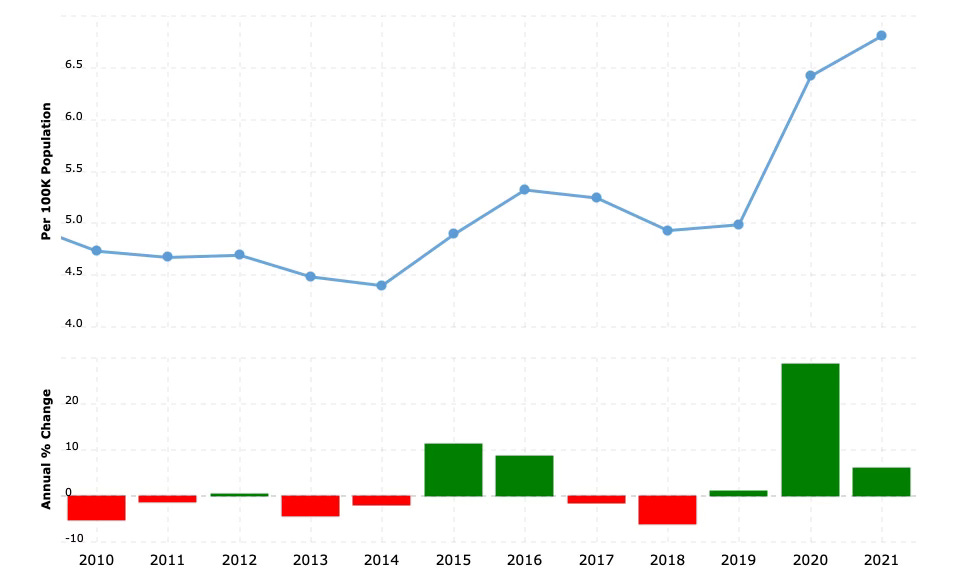
This past weekend I got into a little social media dustup (as I am wont to) and I was told that one does not joke about BLM. I found this quite unsettling - if the criticism had been that the joke wasn't that good, I would have agreed, deleted it and moved on.
But when topics in society become verboten, you can bet that there’s an underlying narrative that reinforces an unhealthy ideology that is not interested in truth. This is one of the reasons why the freedom to speak is the most important right of any functioning society.
I’m no martyr, but I will fight for my right to say stupid things and write stupid jokes as long as I am able. Let the chips fall.

